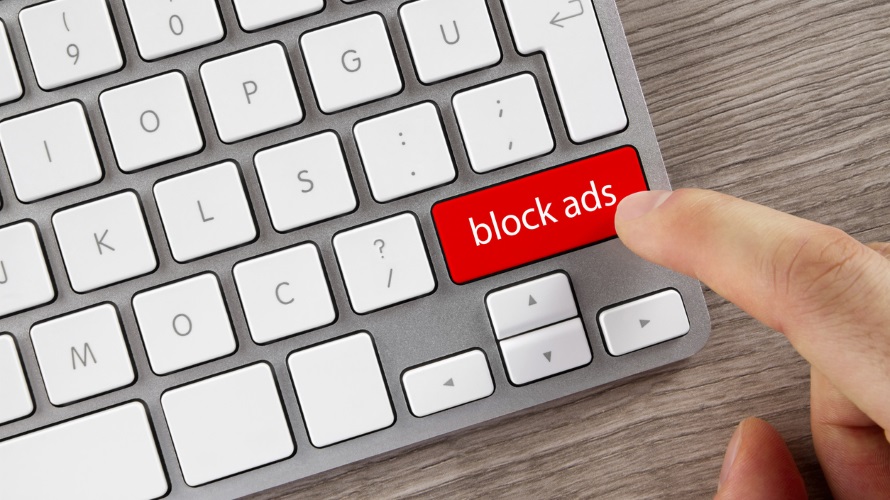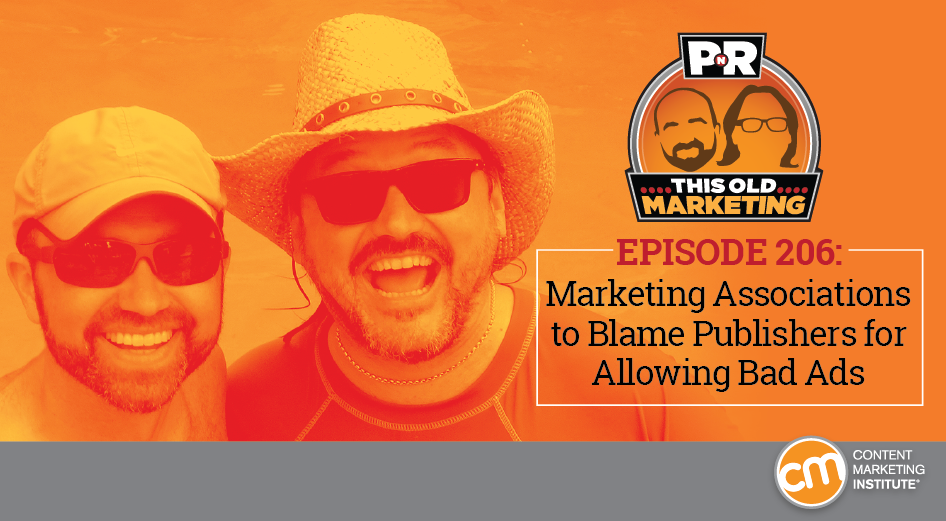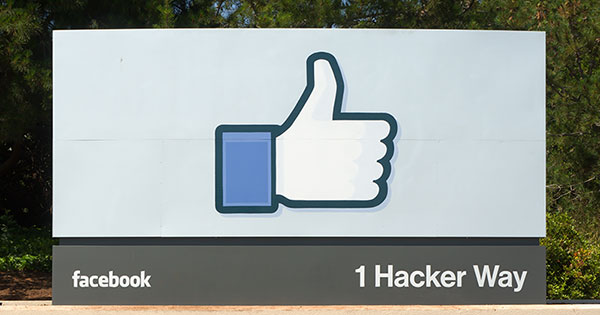
Ad Blockers Should Punish Individual Ads Rather Than Black-Listing Publishers
Ad Blockers Should Punish Individual Ads Rather Than Black-Listing Publishers https://csuiteold.c-suitenetwork.com/wp-content/uploads/2018/02/ad-blockers-should-punish-individual-ads-rather-than-black-listing-publishers.jpg 890 500 C-Suite Network https://csuiteold.c-suitenetwork.com/wp-content/uploads/2018/02/ad-blockers-should-punish-individual-ads-rather-than-black-listing-publishers.jpgAd blocking is a topic that’s front-and-center for brands engaging in display advertising. While it becomes more prevalent, there are still a few challenges to resolve.
As it exists today, the ad-blocking ecosystem is not yet perfected. Currently, most ad-blocking scenarios used by frustrated consumers looking for an ad-free experience involve the “all or nothing” obstruction of sites. This approach penalizes not only the advertisers looking to reach consumers, but the publishers that accept ads to fund their operations. Essentially, a poor experience served up from one advertiser is causing the blockage of all ads, no matter their merit.
As advertisers and publishers know alike, Google’s Chrome browser’s ad-blocking mechanism will be of value to consumers being exposed to bad ads. These pop-ups are identified by Google’s Ad Experience Report, which scores publishers’ sites based on the prevalence of bothersome ads.
While this is a step in the right direction, it’s not a complete solution.
It’s no secret that the Coalition for Better Ads got information from Facebook about best performing ads. This means that Facebook was the first to recognize that if a website is in violation of the Coalition’s standards, all ads on the platform will be blocked, and not just the offending ones.
Facebook users on Chrome will also be notified of blocked ads, similar to pop-up block notifications on the desktop, which means users will be given the option to opt-in for ads if they so desire.
Let’s take a look at how things currently work and explore a different,…






